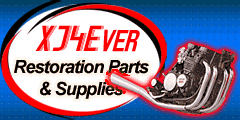-
Hello Guest. You have limited privileges and you can't "SEARCH" the forums. Please "Log In" or "Sign Up" for additional functionality. Click HERE to proceed.
Caliper Piston Removal Trick
Discussion in 'XJ Technical Chat' started by bunghole, Jan 16, 2008.

